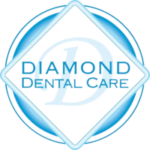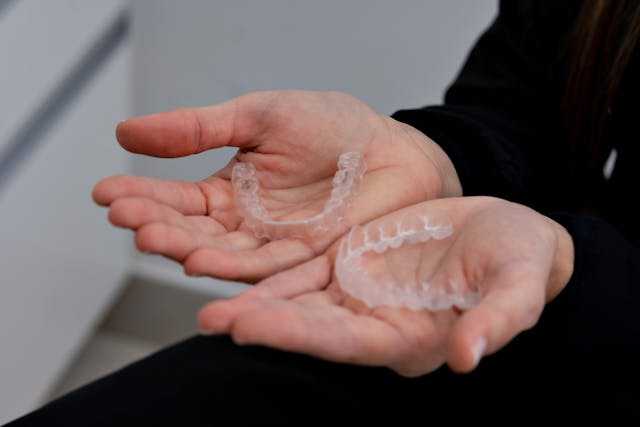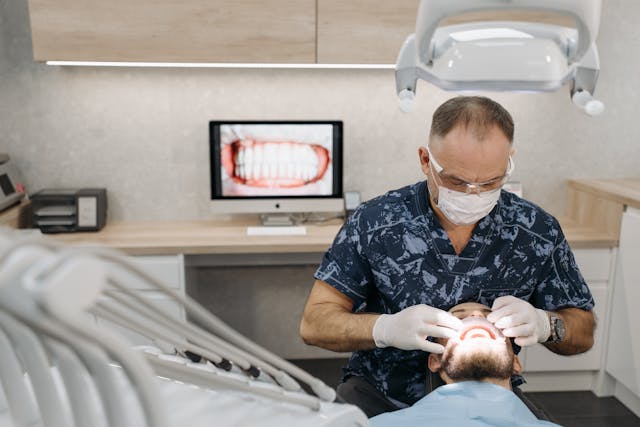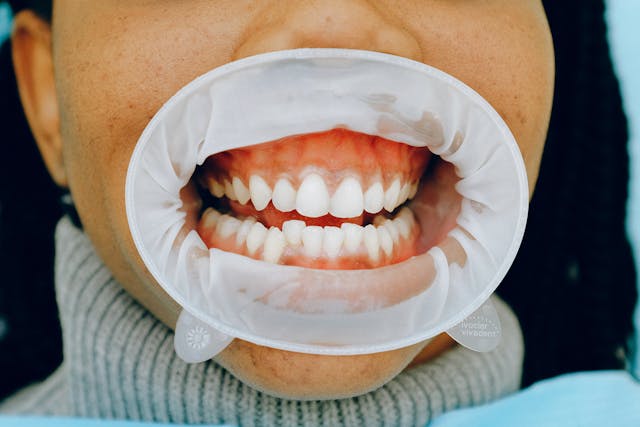Tooth decay, also known as dental caries, is one of the most common dental problems faced by people of all ages. It occurs when bacteria in your mouth produce acids that wear down the enamel, leading to cavities. Understanding the causes of tooth decay and learning how to prevent it can help you maintain a healthy, bright smile. In this article, we will explore the most common causes of tooth decay and provide practical prevention tips to keep your teeth strong and healthy.
At Diamond Dental Care, we offer a variety of solutions to address most aesthetic concerns. During your visit, we’ll perform a thorough examination, take X-rays, and discuss your desired timeframe before presenting you and your parents with several treatment options. Given that some treatments may require specific timeframes, it’s advisable to book your appointment with us as soon as possible.
To schedule an appointment, call us at (909) 860-7579. You can also connect with us on Facebook or share your feedback on Yelp. Thank you!
Introduction
Tooth decay is an issue that most of us will encounter at some point in our lives. Whether it’s due to poor oral hygiene, unhealthy eating habits, or underlying health issues, cavities can affect people of all ages. The good news? Tooth decay is preventable with the right care. In this article, we’ll explore the common causes of tooth decay and provide you with prevention tips to help keep your smile healthy.
What is Tooth Decay?
Tooth decay occurs when the hard surface of your teeth, known as enamel, is damaged due to acids produced by bacteria in your mouth. These acids break down the enamel, forming tiny holes called cavities. If left untreated, tooth decay can progress deeper into the tooth, leading to pain, infection, or even tooth loss.

How Tooth Decay Develops
Tooth decay begins with the formation of plaque—a sticky film of bacteria that forms on the teeth after eating. When you consume foods rich in sugars or carbohydrates, these bacteria feed on the sugars and produce acid as a byproduct. Over time, the acid attacks the enamel, weakening it and leading to decay.
Common Causes of Tooth Decay
1. Poor Oral Hygiene
Inadequate brushing and flossing allow plaque to build up on your teeth. Over time, the plaque hardens into tartar, which can only be removed by a dentist. The accumulation of plaque and tartar significantly increases the risk of cavities.
2. High Sugar Intake
Frequent consumption of sugary foods and drinks, such as candy, soda, and fruit juices, creates the perfect environment for bacteria to thrive. These bacteria produce acid that erodes tooth enamel, leading to decay.
3. Acidic Foods and Drinks
Citrus fruits, soft drinks, and other acidic foods can weaken your enamel, making your teeth more susceptible to decay. While these foods can be part of a healthy diet, it’s essential to limit their intake and practice proper oral hygiene.
4. Dry Mouth (Xerostomia)
Saliva helps wash away food particles and neutralize the acids produced by bacteria. A dry mouth reduces this natural defense, allowing bacteria to stick to the teeth and cause decay.
5. Frequent Snacking
Constant snacking keeps food particles in your mouth, giving bacteria more fuel to produce acid. This is particularly problematic if your snacks are high in sugars or starches.
6. Lack of Fluoride
Fluoride strengthens enamel and makes it more resistant to decay. If you’re not using fluoride toothpaste or drinking fluoridated water, your teeth may be more vulnerable to cavities.
7. Plaque Buildup
If plaque isn’t removed through regular brushing and flossing, it hardens into tartar, which can contribute to gum disease and tooth decay.
8. Genetics and Family History
Some people are more prone to cavities due to genetic factors, such as the shape and spacing of their teeth or the composition of their saliva.
9. Age and Tooth Decay
As we age, our teeth naturally become more worn, and our gums may recede, exposing the roots of the teeth, which are more vulnerable to decay. Older adults are also more likely to suffer from dry mouth due to medications.
10. Medical Conditions and Medications
Certain health conditions, like diabetes, or medications that reduce saliva production can increase the risk of tooth decay.
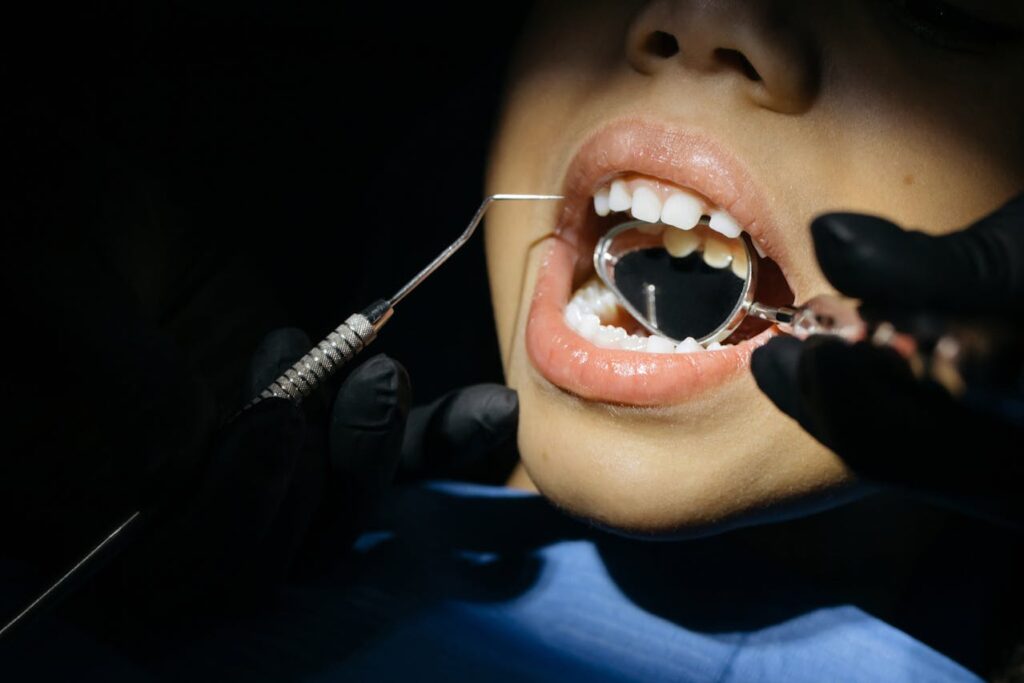
Signs and Symptoms of Tooth Decay
Tooth decay often starts silently, but as it progresses, you may notice some common signs and symptoms:
- Sensitivity to hot, cold, or sweet foods.
- Toothache or pain when biting.
- Visible holes or pits in your teeth.
- Brown, black, or white stains on the surface of a tooth.
- Swelling or pus around a tooth.
Stages of Tooth Decay
1. White Spots
The earliest stage of tooth decay appears as white spots on the enamel. This is a sign that the enamel is losing minerals.
2. Enamel Decay
As the enamel breaks down, a cavity forms. You may begin to feel sensitivity at this stage.
3. Dentin Decay
The decay reaches the dentin, the softer layer beneath the enamel, leading to more intense pain.
4. Pulp Damage
Once the decay reaches the pulp, where the tooth’s nerves and blood vessels are located, it can cause severe pain and may require a root canal.
5. Abscess Formation
In advanced cases, a tooth abscess can form, leading to infection and possibly tooth loss if not treated promptly.
Prevention Tips for Tooth Decay
1. Practice Good Oral Hygiene
Brush your teeth at least twice a day with fluoride toothpaste and floss daily to remove plaque from between your teeth.
2. Limit Sugary and Acidic Foods
Reducing your intake of sugary and acidic foods can help prevent the acids that cause tooth decay. Opt for healthier snacks like fruits, vegetables, and dairy products.
3. Stay Hydrated
Drinking plenty of water helps wash away food particles and bacteria while promoting saliva production, which protects your teeth.
4. Use Fluoride Toothpaste
Fluoride is a mineral that strengthens enamel and helps reverse early stages of decay. Be sure to use fluoride toothpaste to protect your teeth.
5. Visit Your Dentist Regularly
Regular dental checkups and cleanings are crucial for preventing tooth decay. Your dentist can spot early signs of cavities and treat them before they worsen. If you’re in Diamond Bar, California, visit Diamond Dental Care at 303 South Diamond Bar Blvd, Ste 2C, Diamond Bar, CA 91765 for professional dental care.
6. Sealants and Preventive Treatments
Dental sealants are protective coatings that your dentist can apply to the chewing surfaces of your teeth to prevent cavities, especially for children and teens.
7. Use Mouthwash
An antimicrobial mouthwash can help reduce the bacteria that cause plaque and decay.
8. Consider a Healthy Diet
Eating a diet rich in calcium, phosphates, and vitamins can help strengthen your teeth and reduce the risk of decay.
The Importance of Regular Dental Checkups
Seeing your dentist regularly is essential for maintaining your oral health. During these checkups, your dentist can clean your teeth, apply fluoride treatments, and offer advice on preventing tooth decay.
Why Choose Diamond Dental Care for Preventive Dental Care
At Diamond Dental Care, we provide comprehensive preventive dental services to help you maintain a healthy smile. From routine cleanings to fluoride treatments and sealants, our experienced team is here to protect your teeth from decay. Visit us at 303 South Diamond Bar Blvd, Ste 2C, Diamond Bar, CA 91765, or call us at (909) 860-7579 to schedule an appointment today.
Conclusion
Tooth decay is a common but preventable dental problem. By practicing good oral hygiene, limiting sugary foods, and visiting your dentist regularly, you can protect your teeth and maintain a healthy smile for life.
FAQs About Tooth Decay and Prevention
- Can tooth decay be reversed?
Early stages of tooth decay (white spots) can be reversed with fluoride treatments and improved oral hygiene. However, once a cavity forms, it requires treatment by a dentist. - How often should I visit the dentist?
It’s recommended to visit your dentist at least twice a year for routine checkups and cleanings. - Are cavities common in children?
Yes, children are more prone to cavities due to their eating habits and developing oral hygiene routines. - Is tooth decay painful?
Tooth decay may not cause pain initially, but as it progresses, you may experience sensitivity, discomfort, and severe pain. - What foods help prevent tooth decay?
Foods rich in calcium (like dairy products), fiber-rich fruits and vegetables, and sugar-free gum can help protect your teeth from decay.
